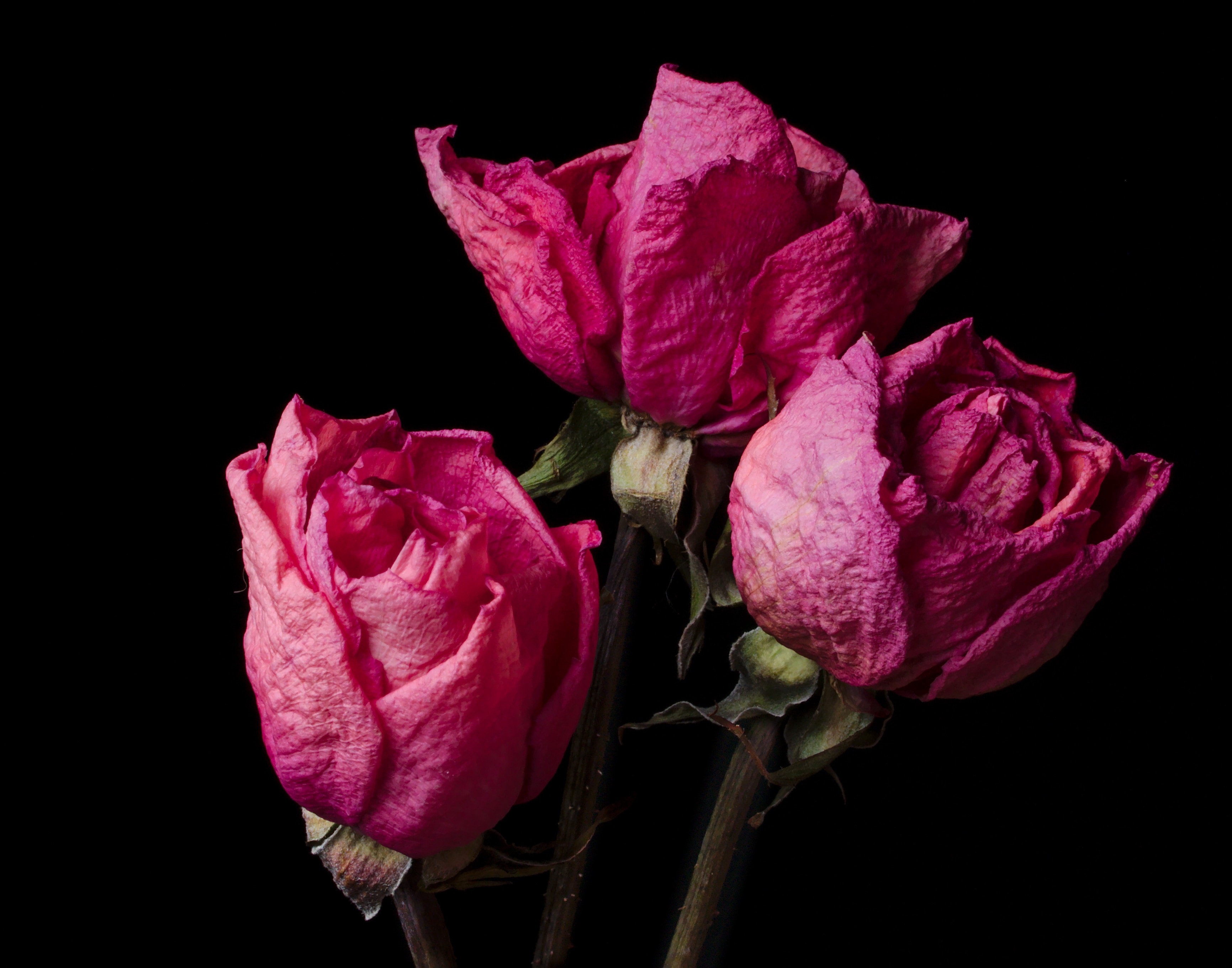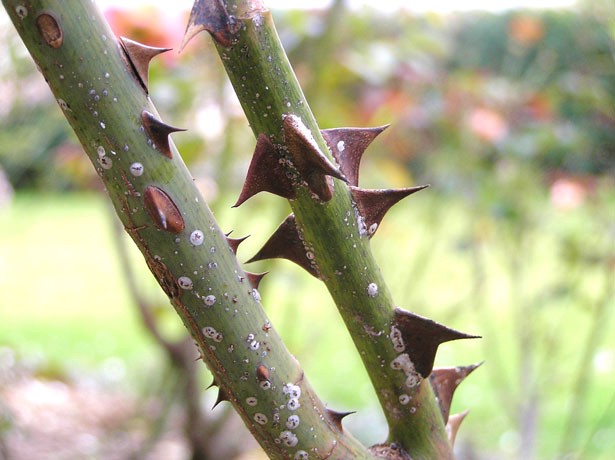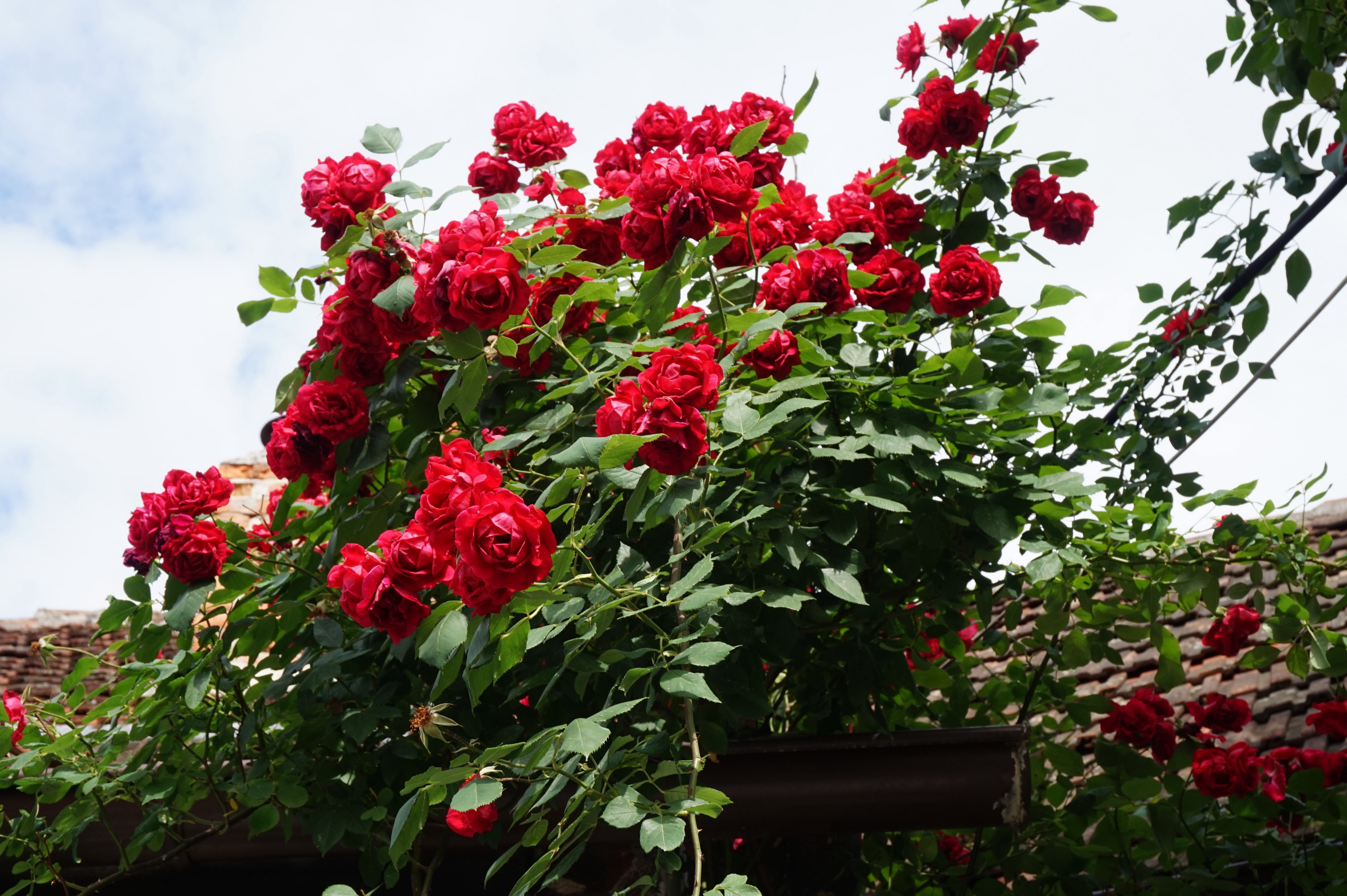Roses and Valentine’s Day go hand-in-hand, but isn’t it time we changed our thinking about giving mass-produced flowers — before it’s already too late?
A very, very short love story
I was eighteen and completely in love for the first time in my life.
The girl who made my world revolve lived far away in the South of France, teaching English to the children of rich parents and making my heart ache with every passing day.
It seems crazy now, but I remember being jealous every time I encountered a reference to the country that had stolen her away.
I despised the glossy advertisements associated with anything French; its wines, its cheeses, its literature and art, Proust, Sartre, Renoir and Lautrec, its sexually explicit movies with their ever-so-chic leading actors. Oh please God, don’t let her meet one of them, I would pray.
I hated the chansons of Aznavour, Gainsbourg, and Hallyday, and the photographs of her relaxing in a sunny French garden made me hate the trees that bathed her in shade, and the hammock that held her in its arms.
It seemed inevitable that the seemingly exotic life she led was destined to take her away from me.
And then, on Valentine’s morning, her card arrived. I traced her cursive writing with my fingers and held the envelope to my nose. It smelled of her, and despite the rain which fell on the sodden Irish countryside the sun pierced the clouds and built a bridge of light that spanned the distance between us.
Inside the card were written a few simple lines in French — and for that too, I was jealous.
‘J’aime deux choses, Toi et la rose. La rose pour un jour, Toi pour toujours,’ she had written.
‘I love two things, you and the rose. The rose for one day, you for always.’
Unfortunately, life — and excessive jealousy — have a way of resolving such affairs of the heart, especially at such a young age. The pain stabbed like a knife, but the wound healed and life went on, as it always does.

Is the beauty of the rose beginning to fade
I guess that was a long-winded way of confirming that roses play a central part in romance.
Since the time of the Goddess Aphrodite, and for as long as love has been celebrated, roses and love have walked hand-in-hand.
But — and it’s a question filled with controversy, corruption, environmental scandal, and social awareness — is the day of the romantic rose about to lose its petals forever?
It’s a startling fact, but on Valentine’s Day 2020, over 250 million roses will change hands worldwide.
These long-stemmed symbols of love have to come from somewhere. They have to be nurtured by people, they have to be cared for and watered, they have to be picked, packed and transported before they reach the florists or the corner store in time for you to impress the one you love.
All of those actions have consequences. And, in many cases, very serious consequences for both good and bad.

The not so sweet scent of exploitation
If you happen to live in Europe there’s a pretty strong chance that the roses you encounter on Valentine’s Day have their origins in Kenya.
Roses grow well in Kenya where a constant 12 hours of daily sunshine eliminates the need for artificial heating and lighting in the giant industrial-scale greenhouses. This is a good thing.
The cultivation of roses also brings employment to almost 100,000 thousand Kenyans living on the breadline — and directly impacts the lives of up to 2-million others. This is another good thing in a country where employment and a steady income is a rare and much-needed commodity.
However, many of the workers are required to work up to 12 hours-a-day, earning the equivalent of approximately 1$ US per day. Their duties may even include using highly dangerous chemicals — such as methyl bromide — without the correct protective clothing.
In addition, the majority of the flower-industry workers are females who have claimed instances of sexual harassment, lack of overtime payments, little or no union representation, poor communication between worker and management, lack of maternity leave, poor transport options, and the already mentioned health and safety issues.
It would be unfair not to note that practices are changing slowly, due to demands by international lobbies, economic sanctions, and genuine concern for the environment and for society in general. But is change happening fast enough?

The thorny issue with roses
In Kenya, because roses are a non-consumable product they are largely exempt from pesticide controls. And, because the cultivation of roses requires vast volumes of water many of Kenya’s flower farms are located adjacent to lakes and other natural water sources. That’s not such a good thing.
In a country where so many people compete for any available water resource, this can be a major concern for both human life and the natural environment. Plus, the control and the provision of such greatly valued resources, like water and land, can be (and has been) open to wide-scale corruption.
Many of the lakes associated with Kenyan flower production have suffered greatly from run-off pollution, which has decimated fish stocks and destroyed the livelihoods of those dependent on fishing.
The natural flora and fauna have also suffered. During times of severe drought, the only available water sources for Kenya’s diverse, but dwindling wildlife population are the lakes and rivers polluted by run-off. This, in turn, passes through the natural food-chain without even a hint of love.

The cost of delivering your love
Somehow, the roses produced in Kenya must find their way to the market in time for Valentine’s Day and other such celebrations.
In Europe, that market is based in Amsterdam, a distance of 6,670 km (4,145 miles) from Nairobi. It is normal for charter aircraft to arrive in Nairobi completely empty due to the nation’s lack of significant international trade and return to the market fully loaded. Despite the fact that blooms grown in Kenya have a lower carbon footprint due to the constant heat and light, all of this is completely negated by the transport options available.
Once the roses have arrived at their destination they must be packaged and wrapped. That usually means tens of kilometers of polluting plastics which take hundreds, if not thousands of years to break-down naturally.
All of this adds up to one important thing — roses produced on this industrial scale, in a country with lax governance and controls, while using methods of transport that are non-sustainable means the future for roses is withering fast.

Plant your love differently
While many of us can appreciate and genuinely feel for the needs and conditions of the Kenyan flower farm workers, the responsibility for their welfare lies almost entirely with their elected Government, the farm owners, and the policing of the flower industry.
Locally produced flowers are a fine alternative to the mass imports which create spikes in the production of damaging CO2. Plus, locally produced flowers are more likely to have year-round demand.
Instead of buying bunches of mass-produced, and environmentally-damaging roses, why not choose the option of a living plant or shrub that may become a constant reminder of the special occasion. Give a local rose bush that will last for years to come and not just something that will have taken so much and given so little.

How to give a gift that will last a lifetime
An alternative to gifting flowers is to replace the physical with an experience that can create living memories and stories for years to come.
That experience may be something as simple as an art class or as complex as a sunrise balloon flight for two.
There is an ever-increasing number of companies that specialize in the giving of experiences over material possessions.
One such company is Tinggly, who has hand-selected over 2,000 activities, experiences, adventures, and thrills in over 100 countries around the world. Tinggly — a company whose heart is immersed in environmental sustainability — has compiled a selection of the best of the world’s experiences and packaged them into collections available for any occasion, including Valentine’s Day.
A cardboard gift box (using 100% recycled materials), or an e-voucher delivered instantly anywhere in the world, may not have the same romantic significance as a bunch of beautiful red roses, but, rather than lasting just a handful of days, an experience shared is a memory embedded in time and place.
Giving an experience, rather than a material possession, will prove beyond doubt that your gift on Valentine’s Day — or any other day — is given with genuine thought for the recipient, and for the planet.
Everyone loves to see the beauty of a rose and smell its delicious fragrance, but few want to witness the torn hands that found the thorns. But there are consequences other than thorns when we choose to give farmed roses, unfortunately, these consequences for the planet will never be resolved with a bandaid and a kiss.
Isn’t it better to give the gift of experience? An experience gift, unlike a rose, will last forever and increase in value with every remembered moment.
